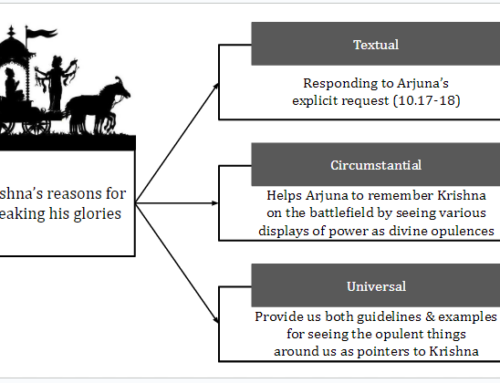
Envy is a typical human response on seeing others better than us. But it’s not the only possible response – esteem is a healthier alternative.
No doubt, envy may come automatically to us, but by contemplating the effects of both responses, we can motivate ourselves to choose the better response.
Envy defiles our mind, filling it with negative emotions of discontent about the things we don’t have. Worse still, it also impels us to destructive actions meant to bring misery into the lives of those whom we envy. Thus it drags us down, making us behave in petty or malicious ways.
In contrast, esteem is ennobling – it fills us with admiration and appreciation for others. These positive emotions galvanize us to learn from them and follow in their footsteps, thus bringing out the good within us and bringing to us better things without.
Cultivating esteem for others is difficult when we see them as competitors. But not seeing others as competitors is almost impossible within a materialistic worldview, wherein worldly things are the goal of life. As these things are in limited supply, others constitute a threat to us in our pursuit of those things. So envy emerging from a competitive mentality is a natural characteristic of the materialistic worldview.
In contrast, a spiritual worldview helps us understand that real happiness comes from love for Krishna – love that is nourished by remembering him and his glory. The Bhagavad-gita (10.41) underscores that everything attractive reflects a spark of Krishna’s splendor. With this insight, we can train ourselves to see the things that trigger envy as manifestations of Krishna’s opulence. This devotional vision can foster esteem for those who have been gifted by Krishna and kindle our remembrance of him, thereby helping us to relish spiritual joy and bring out our latent spiritual virtues.
Explanation of article:



Hari Bol!
Beautiful way to look at others. Thank you for the insight Prabhuji.